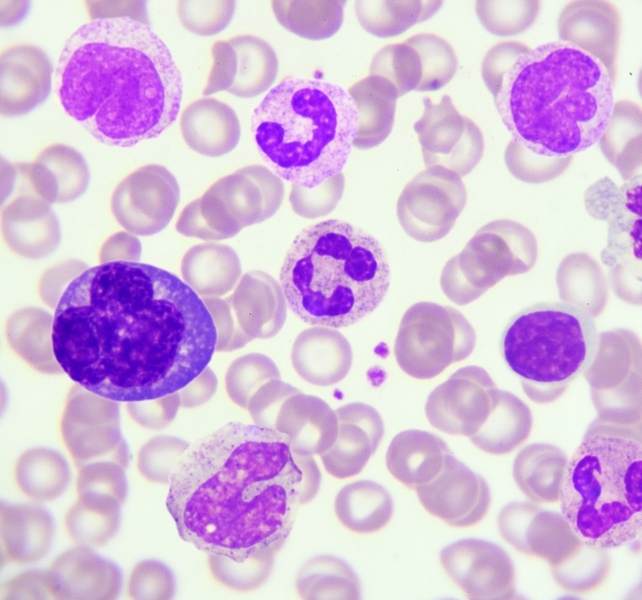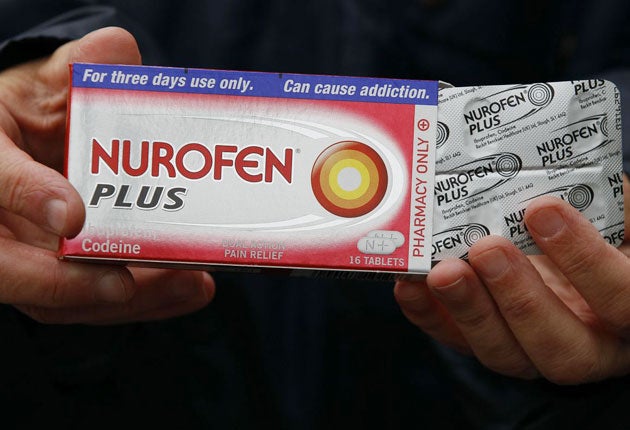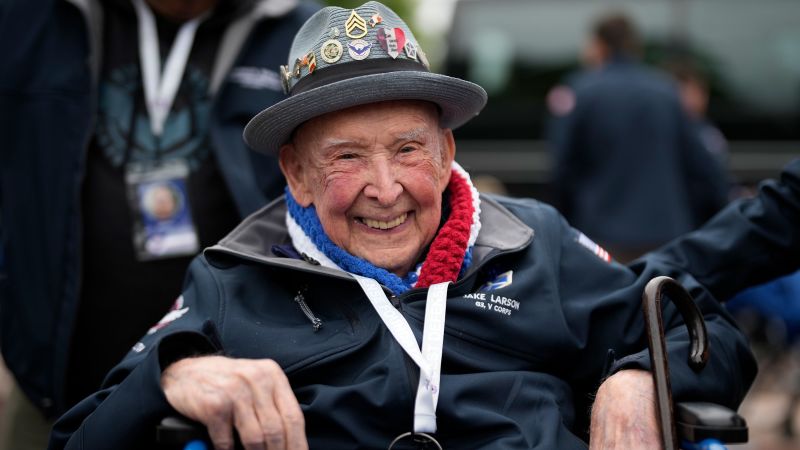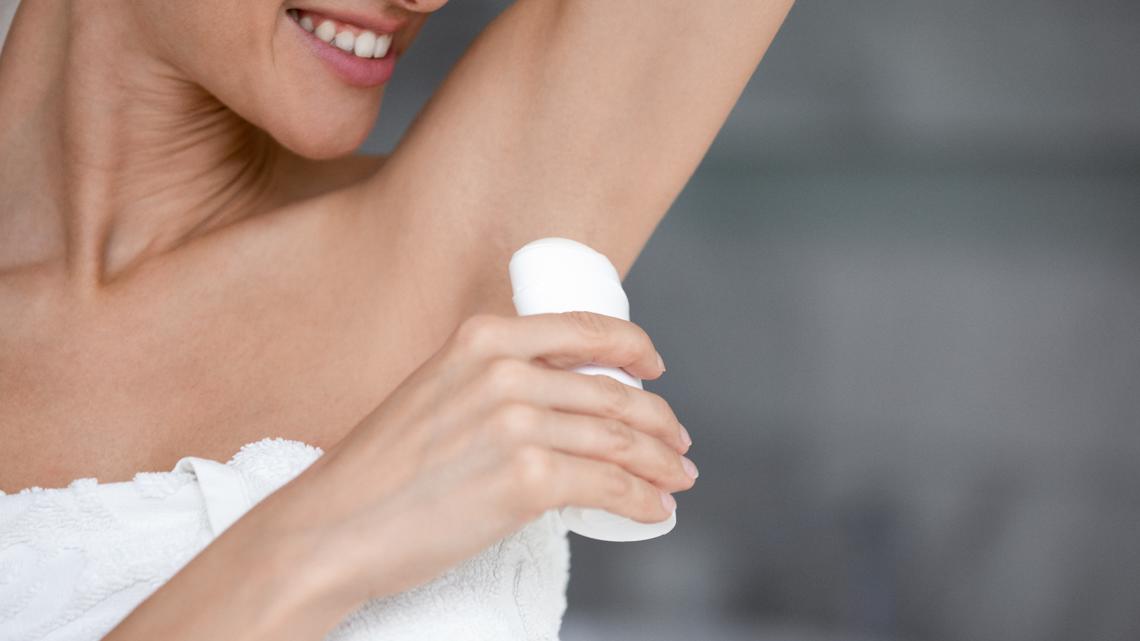Many people struggle with tossing and turning to find sleep elusive. While this is a rare event for some, it’s a nightly occurrence for others. There are varying reasons for this, including biology, life stage, and illnesses. However, for most individuals, strategies exist to improve the quantity and quality of sleep. Experts emphasize that these strategies require knowledge, discipline, ingenuity, and possibly a good fan – not medication or gadgets. The majority of people can even continue consuming caffeine, but in moderation and in the morning.”The best sleep comes when we’re practicing the healthy sleep strategies that set us up for success at night,” said Rebecca Robbins, an investigator in the division of Sleep and Circadian Disorders at Brigham and Women’s Hospital in Boston.How to fall asleep fast: ‘Don’t try so hard’Harvard University’s Dr. Charles Czeisler advises the roughly 15% of people who struggle with consistent sleep to not worry so much. He explains that many people have unrealistic expectations of what a good night’s sleep entails, often recalling earlier years when sleeping was easier. This is not realistic in middle age, he and others emphasize. Czeisler emphasizes the importance of being patient with the process, even if it involves nighttime awakening. He points out that before the Industrial Revolution, people used to sleep in two chunks with a gap of a few hours in between. Some individuals may think they can’t sleep well because they aren’t accounting for their body’s natural desire for this gap.”They may just not be allocating enough time in bed to get as much sleep as they need. They want to be asleep 95% of the time they set aside for sleep, which they’re going to minimize,” he said. Czeisler and others advocate for patience, highlighting that even a well-rested person takes 15 to 20 minutes to fall asleep, and older individuals take the same amount of time to fall asleep or fall back asleep as younger ones. It’s important not to give up on the night just because of awakening,” Czeisler said.Using wearable devices to track sleep might be helpful for some individuals, but they can often become sources of stress. “We want people to get in bed feeling like sleep could happen,” said Jennifer Martin, a professor of medicine at the UCLA David Geffen School of Medicine. “Ultimately, they have to just stop trying so hard.”Sleep hygieneGood habits and practices that can help people sleep well most nights are referred to as “sleep hygiene.” While specific bedtime and wake time requirements will differ for each person based on their individual needs and daily demands, the basic principles apply to everyone.”All these behavioral changes are the secret sauce for healthy sleep,” Robbins said. Here are some basics:Consistency in bedtime and wake up time helps regulate the body clock and make it easier to fall asleep. It’s best to avoid drastically different bedtimes.While some individuals may need a bedtime snack to fall asleep, others find pre-bedtime eating disruptive. Following the principle of “breakfast of kings, lunch of princes, dinner of paupers” works best for most people.Avoid consuming “nightcaps” as they may initially help with sleep but can disrupt it later and worsen sleep apnea. Individuals sensitive to caffeine should avoid consuming too much, especially in the afternoon. Stress management through meditation or breathing exercises can help decompress.Keep naps short and not too close to bedtime. Exposure to natural light in the morning helps set circadian rhythms and promotes alertness. Limiting exposure to blue light in the evenings may be beneficial. Having a bedtime routine, including the cessation of stimulating activities and bright lights, is important. Noise can be replaced with a fan, as it is less stimulating than a television. Having a phone away from the bed and face down while charging is advisable.”Medicines can be effective, but they come with a cost”Pointing out that sedative drugs work well in the short term, Dr. James Rowley, president of the American Academy of Sleep Medicine board of directors, warns against using drugs designed for other purposes like allergy or cold medicines that have sedation as a side effect. He emphasizes caution due to potential interactions with other medications.Rowley also explains that melatonin has not proven effective for insomnia in research trials. He suggests using low doses between 0.5 to 3 mg if someone wishes to try it, emphasizing that high doses might worsen sleep problems.According to Martin, individuals with difficulty staying asleep who take melatonin in the evening may worsen their problem. Cognitive behavioral therapy for insomnia or CBT-I is considered a much better alternative to medications, as it trains individuals to avoid behaviors and ways of thinking that exacerbate their insomnia. “The way people think and the actions they take are what sustains their insomnia problems,” Martin said. “If we can help people get into bed in a better mindset and structure their sleep and wake habits and routines in a way that makes sleep most likely to happen when they’re in bed, that seems to get people back on track.”When to seek medical help: sleep apneaIt’s important for individuals with genuine sleep issues to seek help from specialists. Age is often associated with an increase in sleep problems, and many physical and mental ailments are linked to sleep problems. Conditions such as ADHD, autism, and depression often lead to sleep difficulties. Addressing sleep issues may help limit other symptoms.Sleep issues lasting more than approximately three months should be treated, as should sleep apnea, characterized by loud snoring and choking that disrupts sleep. A study found that individuals with sleep apnea had a significantly increased risk of death, mainly due to heart attack and stroke. The standard therapy for sleep apnea, CPAP (continuous positive airway pressure), can be challenging to use but is effective. Other treatment options include implantable devices and surgery.Dispelling sleep mythsIn a study published in 2020, sleep experts weighed in on 20 popular sleep myths. Some enduring myths were addressed by Rebecca Robbins and Dr. Charles Czeisler, emphasizing that falling asleep anywhere anytime is a sign of sleep deprivation, unrealistic expectations about sleep duration may lead to health problems, and older adults require as much sleep as younger ones but often get less. They also highlighted the importance of the timing of sleep and the active nature of the brain during sleep, which clears waste, stores memories, and prepares for the day.In general, public awareness of the importance of sleep in maintaining health has increased. “Gone are the days of bragging about not getting enough,” Robbins said.Contact Karen Weintraub at kweintraub@usatoday.com.Health and patient safety coverage at USA TODAY is made possible in part by a grant from the Masimo Foundation for Ethics, Innovation and Competition in Healthcare. The Masimo Foundation does not provide editorial input.
Czeisler emphasizes the importance of being patient with the process, even if it involves nighttime awakening. He points out that before the Industrial Revolution, people used to sleep in two chunks with a gap of a few hours in between. Some individuals may think they can’t sleep well because they aren’t accounting for their body’s natural desire for this gap.”They may just not be allocating enough time in bed to get as much sleep as they need. They want to be asleep 95% of the time they set aside for sleep, which they’re going to minimize,” he said. Czeisler and others advocate for patience, highlighting that even a well-rested person takes 15 to 20 minutes to fall asleep, and older individuals take the same amount of time to fall asleep or fall back asleep as younger ones. It’s important not to give up on the night just because of awakening,” Czeisler said.Using wearable devices to track sleep might be helpful for some individuals, but they can often become sources of stress. “We want people to get in bed feeling like sleep could happen,” said Jennifer Martin, a professor of medicine at the UCLA David Geffen School of Medicine. “Ultimately, they have to just stop trying so hard.”Sleep hygieneGood habits and practices that can help people sleep well most nights are referred to as “sleep hygiene.” While specific bedtime and wake time requirements will differ for each person based on their individual needs and daily demands, the basic principles apply to everyone.”All these behavioral changes are the secret sauce for healthy sleep,” Robbins said. Here are some basics:Consistency in bedtime and wake up time helps regulate the body clock and make it easier to fall asleep. It’s best to avoid drastically different bedtimes.While some individuals may need a bedtime snack to fall asleep, others find pre-bedtime eating disruptive. Following the principle of “breakfast of kings, lunch of princes, dinner of paupers” works best for most people.Avoid consuming “nightcaps” as they may initially help with sleep but can disrupt it later and worsen sleep apnea. Individuals sensitive to caffeine should avoid consuming too much, especially in the afternoon. Stress management through meditation or breathing exercises can help decompress.Keep naps short and not too close to bedtime. Exposure to natural light in the morning helps set circadian rhythms and promotes alertness. Limiting exposure to blue light in the evenings may be beneficial. Having a bedtime routine, including the cessation of stimulating activities and bright lights, is important. Noise can be replaced with a fan, as it is less stimulating than a television. Having a phone away from the bed and face down while charging is advisable.”Medicines can be effective, but they come with a cost”Pointing out that sedative drugs work well in the short term, Dr. James Rowley, president of the American Academy of Sleep Medicine board of directors, warns against using drugs designed for other purposes like allergy or cold medicines that have sedation as a side effect. He emphasizes caution due to potential interactions with other medications.Rowley also explains that melatonin has not proven effective for insomnia in research trials. He suggests using low doses between 0.5 to 3 mg if someone wishes to try it, emphasizing that high doses might worsen sleep problems.According to Martin, individuals with difficulty staying asleep who take melatonin in the evening may worsen their problem. Cognitive behavioral therapy for insomnia or CBT-I is considered a much better alternative to medications, as it trains individuals to avoid behaviors and ways of thinking that exacerbate their insomnia. “The way people think and the actions they take are what sustains their insomnia problems,” Martin said. “If we can help people get into bed in a better mindset and structure their sleep and wake habits and routines in a way that makes sleep most likely to happen when they’re in bed, that seems to get people back on track.”When to seek medical help: sleep apneaIt’s important for individuals with genuine sleep issues to seek help from specialists. Age is often associated with an increase in sleep problems, and many physical and mental ailments are linked to sleep problems. Conditions such as ADHD, autism, and depression often lead to sleep difficulties. Addressing sleep issues may help limit other symptoms.Sleep issues lasting more than approximately three months should be treated, as should sleep apnea, characterized by loud snoring and choking that disrupts sleep. A study found that individuals with sleep apnea had a significantly increased risk of death, mainly due to heart attack and stroke. The standard therapy for sleep apnea, CPAP (continuous positive airway pressure), can be challenging to use but is effective. Other treatment options include implantable devices and surgery.Dispelling sleep mythsIn a study published in 2020, sleep experts weighed in on 20 popular sleep myths. Some enduring myths were addressed by Rebecca Robbins and Dr. Charles Czeisler, emphasizing that falling asleep anywhere anytime is a sign of sleep deprivation, unrealistic expectations about sleep duration may lead to health problems, and older adults require as much sleep as younger ones but often get less. They also highlighted the importance of the timing of sleep and the active nature of the brain during sleep, which clears waste, stores memories, and prepares for the day.In general, public awareness of the importance of sleep in maintaining health has increased. “Gone are the days of bragging about not getting enough,” Robbins said.Contact Karen Weintraub at kweintraub@usatoday.com.Health and patient safety coverage at USA TODAY is made possible in part by a grant from the Masimo Foundation for Ethics, Innovation and Competition in Healthcare. The Masimo Foundation does not provide editorial input.
Trouble falling asleep? An expert on melatonin, sleep apnea and more















